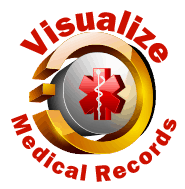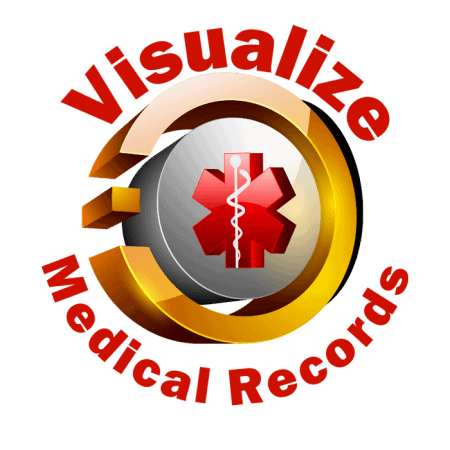In personal injury and malpractice law, medical records serve as a crucial evidentiary tool. They provide a detailed account of injuries, treatments, and prognoses, which are essential for establishing causation, assessing damages, and proving negligence. This blog post explores the types of medical records that are critical for these cases, the challenges associated with obtaining and reviewing them, and strategies for effective use in litigation.
Types of Medical Records Crucial for Personal Injury and Malpractice Cases
Medical History Records: These records provide a comprehensive overview of a patient’s medical history, including past injuries, illnesses, and treatments.
Emergency Room Records: These records document the immediate treatment and diagnosis following an accident or injury. They often include details about the patient’s condition, injuries sustained, and any immediate medical interventions.
Treatment Records: These records document the specific treatments a patient received for their injuries, such as emergency room visits, hospitalizations, surgeries, and physical therapy.
Diagnostic Records: These records include test results, such as X-rays, MRIs, CT scans, and blood tests, which can help assess the severity of injuries.
Physician Notes and Reports: These documents contain detailed observations, diagnoses, and treatment plans from healthcare providers.
Pharmacy Records: These records document the prescription medications a patient has been prescribed and dispensed.
Physical Therapy Records: These records document the patient’s progress in physical therapy, including exercises, modalities, and functional goals.
Mental Health Records: In cases involving emotional distress or psychological trauma, mental health records can provide valuable insights into the impact of the injury.
Billing Records: These records provide information about the costs associated with medical treatment, including hospital bills, doctor’s fees, and medication expenses.
How Medical Records Support Causation, Damages, and Malpractice
Causation: Medical records can establish a causal link between the injury and the defendant’s negligence. For example, a medical record documenting a herniated disc immediately following a car accident can support a claim of causation.
Damages: Medical records can help quantify the extent of a plaintiff’s damages. By documenting the nature and severity of injuries, treatment costs, lost wages, and pain and suffering, medical records can support claims for compensatory damages.
Malpractice: In malpractice cases, medical records can be used to demonstrate a deviation from the standard of care. For example, a failure to diagnose a condition or administer appropriate treatment can be supported by medical record evidence.
Challenges in Obtaining and Reviewing Medical Records
Provider Delays: Healthcare providers may be slow to respond to record requests, or they may require significant administrative fees.
Incomplete Records: Medical records may be incomplete or missing crucial information.
Complex Medical Terminology: Understanding complex medical terminology can be challenging for non-medical professionals.
Time-Consuming Review: Reviewing and analyzing medical records can be a time-consuming process.
Strategies for Effective Record Use in Litigation
Organize Records Chronologically: Organizing medical records chronologically can help to identify the progression of injuries and treatments.
Highlight Key Information: Identify key pieces of information, such as diagnoses, treatment plans, and prognosis, and highlight them for easy reference.
Consult with Medical Experts: Consult with medical experts to interpret complex medical records and provide expert testimony.
Use Medical Records to Support Damages Claims: Medical records can be used to support claims for economic damages, such as medical expenses and lost wages, as well as non-economic damages, such as pain and suffering.
Conclusion
Medical records are essential tools for building strong personal injury cases. By understanding the different types of medical records, their importance in establishing causation and damages, and the challenges associated with obtaining and reviewing them, attorneys can effectively utilize medical records to achieve favorable outcomes for their clients.
How Telegenisys Can Help
Telegenisys offers a comprehensive range of medical record services designed to streamline the process of obtaining, organizing, and summarizing medical records. Our experienced team can help you:
Request Relevant Records: Our experts can efficiently request and obtain the specific medical records needed to support your case from healthcare providers.
Navigate Complex Legal and Regulatory Requirements: We understand the complexities of state and federal laws governing medical record access and can ensure compliance with all applicable regulations.
Organize and Index Records: We OCR, organize, hyperlink, and index medical records to facilitate easy review and analysis.
Provide Expert Review and Summarization: Our team can review medical records and provide clear and concise summaries of key findings.
Don’t let the time-consuming process of retrieving, organizing, and summarizing complex medical records hinder your case. Contact us today to learn more about our medical record services and how we can help you achieve success in your personal injury cases.













0 Comments